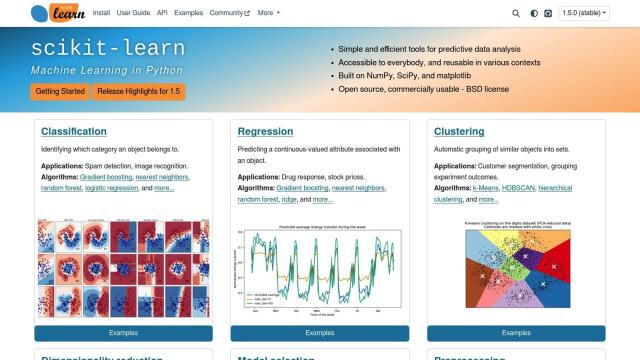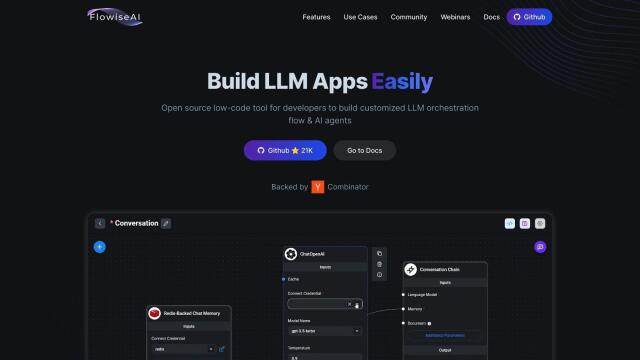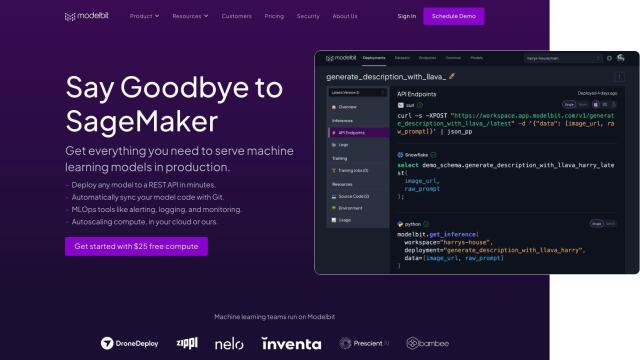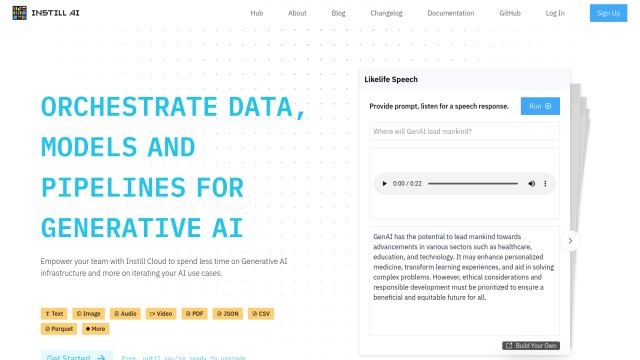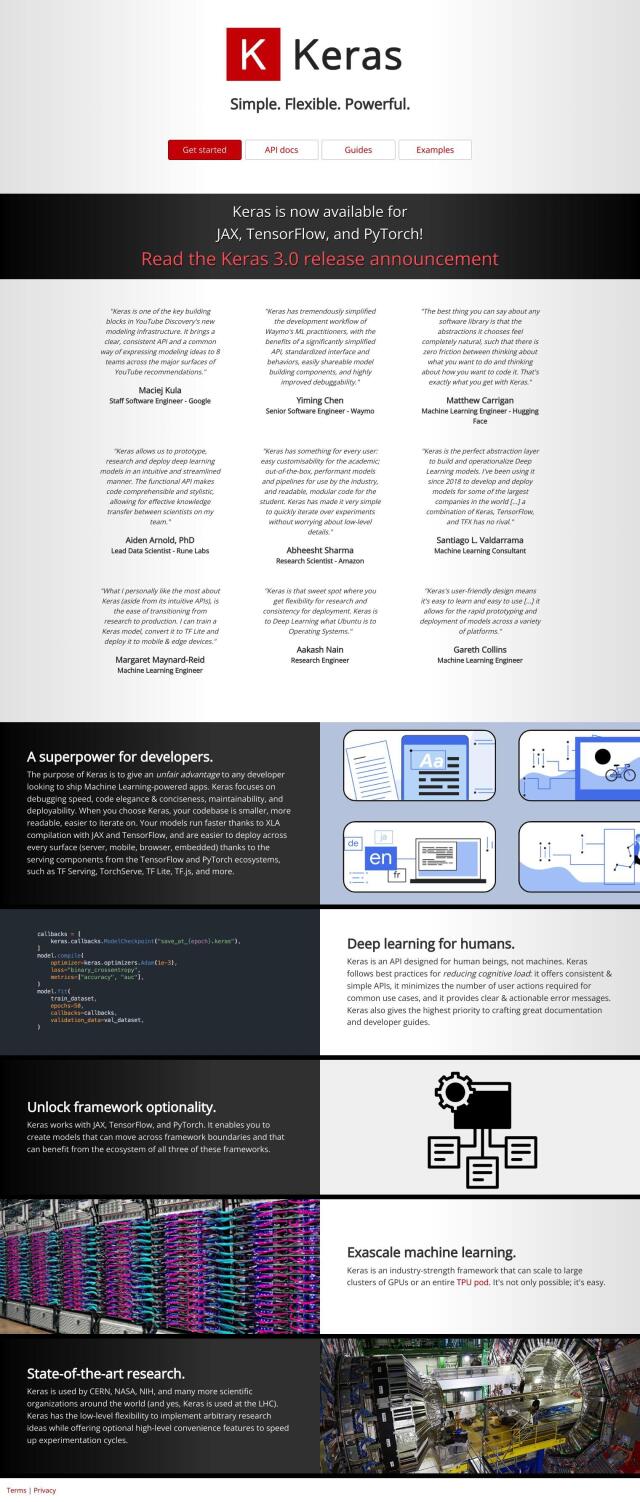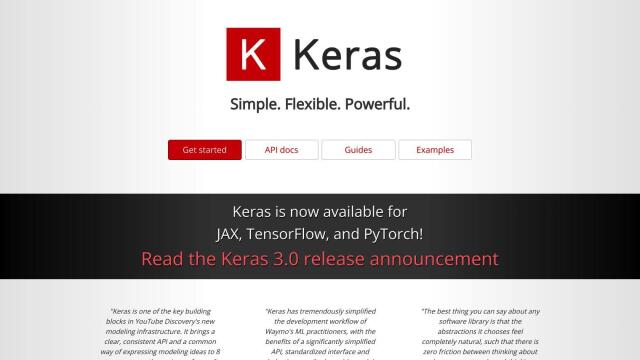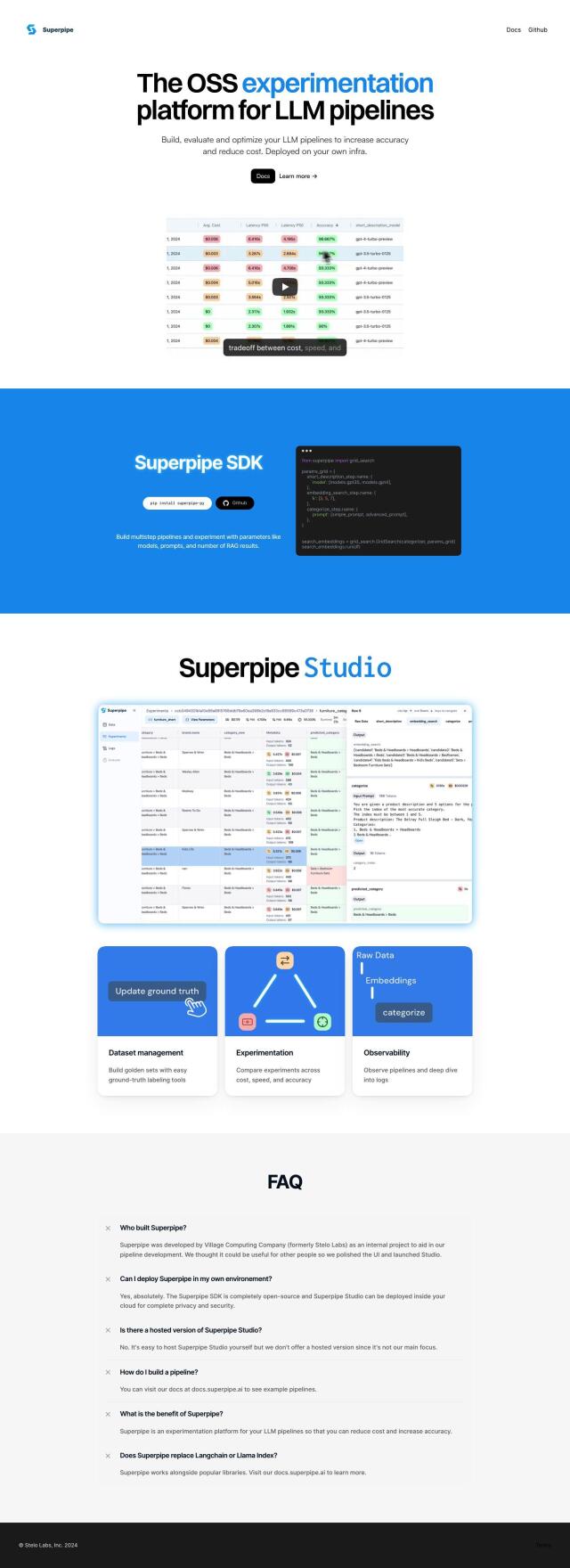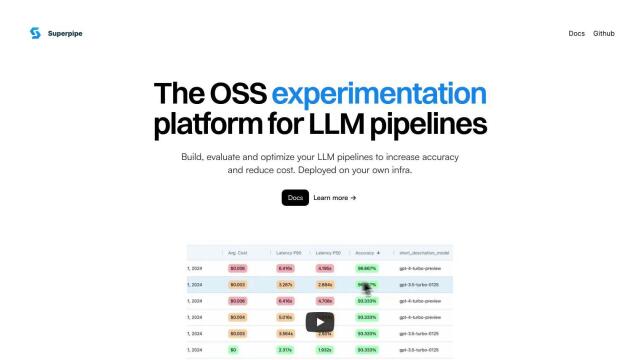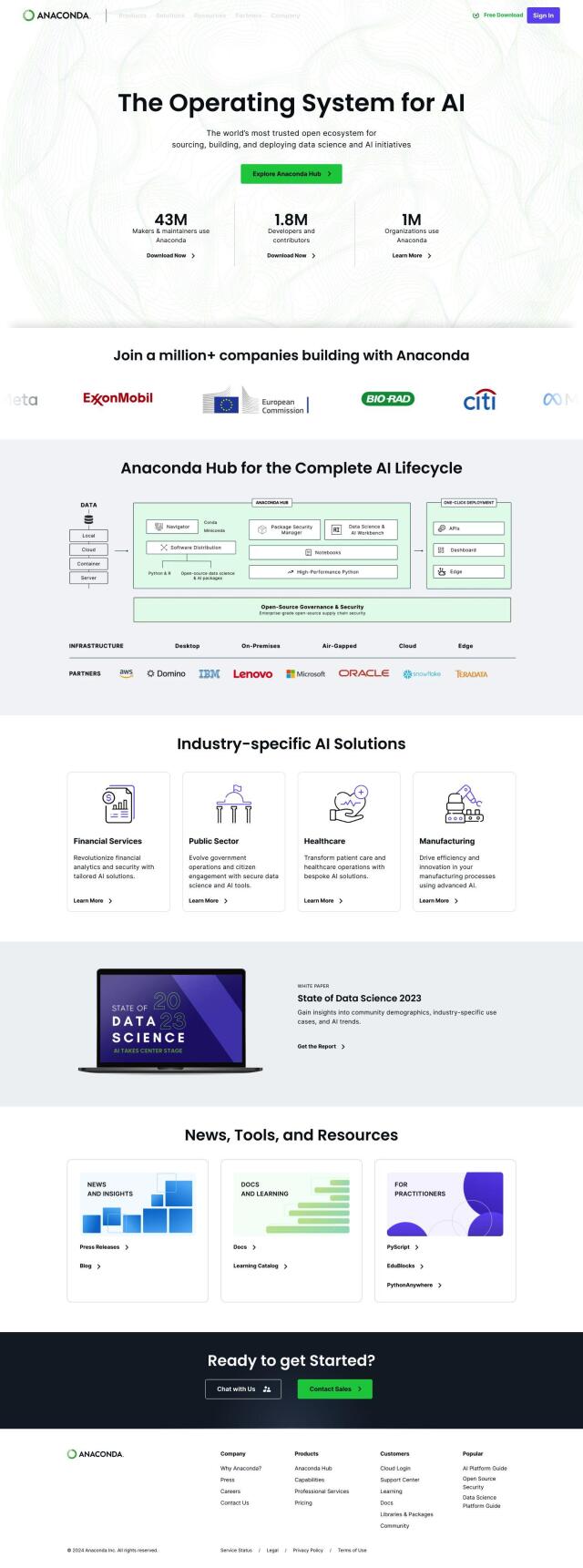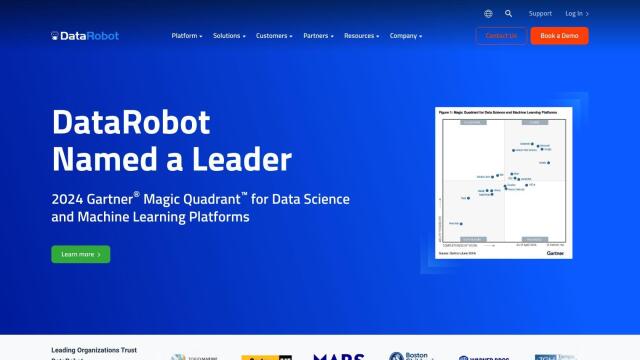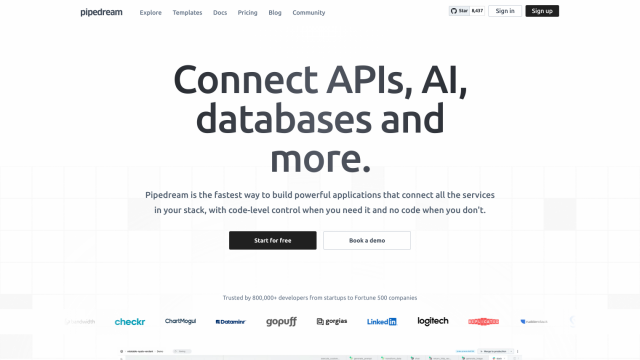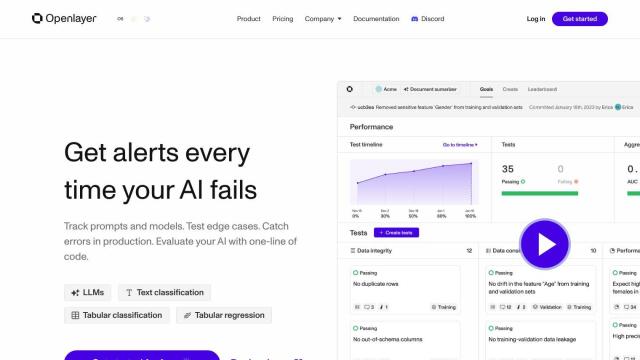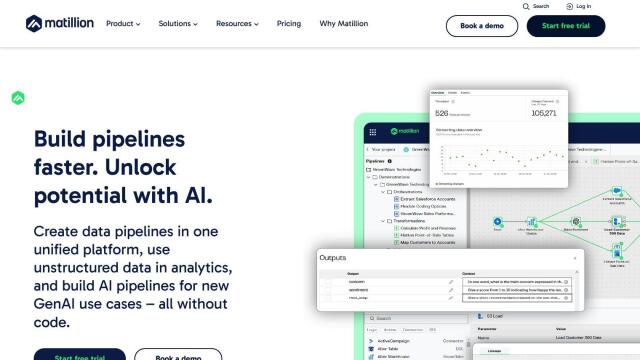Question: I'm looking for a Python-based solution to streamline my machine learning workflow, can you suggest something?

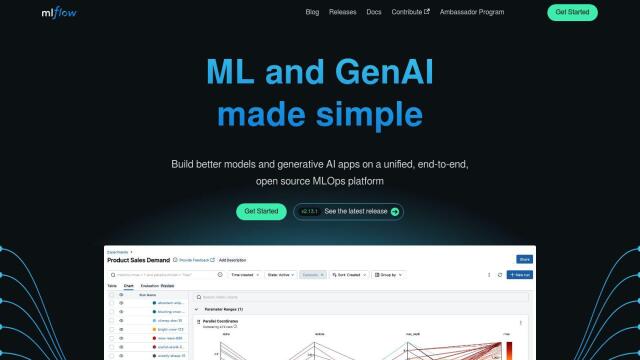
MLflow
If you're looking for a Python-based tool to help you optimize your machine learning workflow, MLflow is definitely worth a look. It's an open-source, end-to-end MLOps platform that spans the full range of ML projects, from experiment tracking to model management to generative AI. MLflow works with libraries like PyTorch, TensorFlow and scikit-learn, and can run on a variety of platforms, so it's a good choice for anyone who wants to improve collaboration and productivity in ML workflows.


PyTorch
Another top contender is PyTorch, a flexible and powerful machine learning framework that's good for both quick prototyping and high-scale production. It's got features like distributed training, TorchScript for easy switching between eager and graph modes, and libraries for lots of ML tasks, including computer vision and natural language processing. PyTorch's strong ecosystem and rich documentation make it a good choice for everything from prototyping to large-scale production.
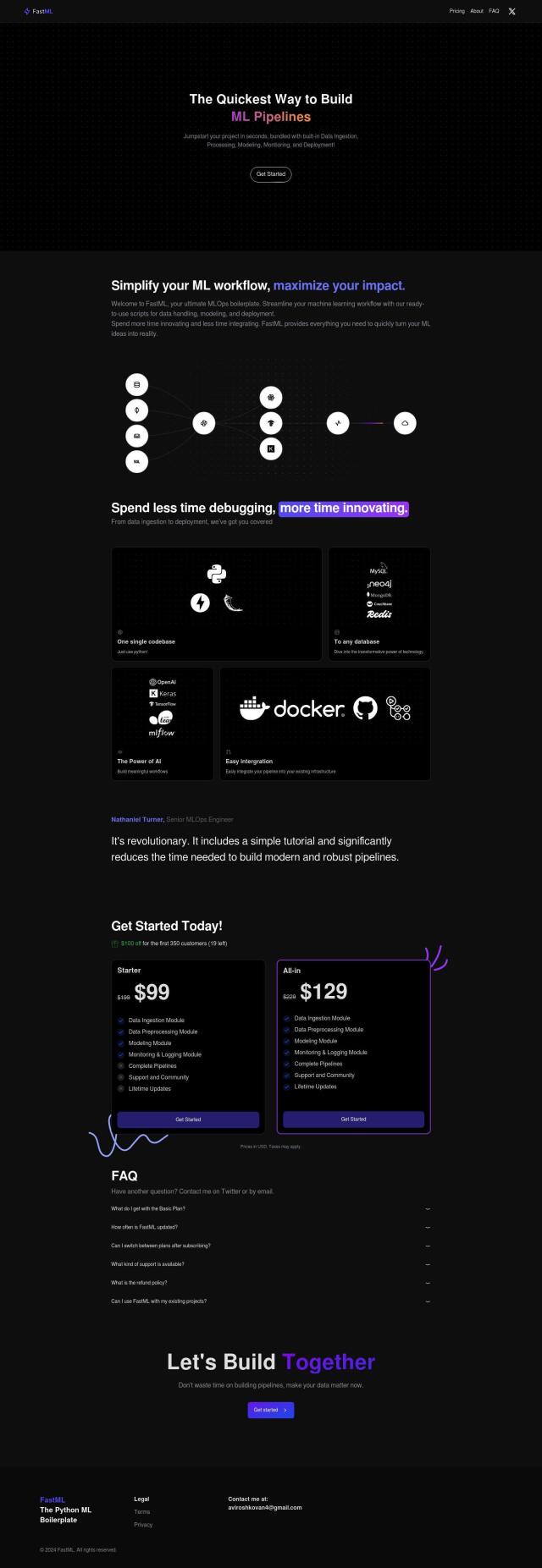
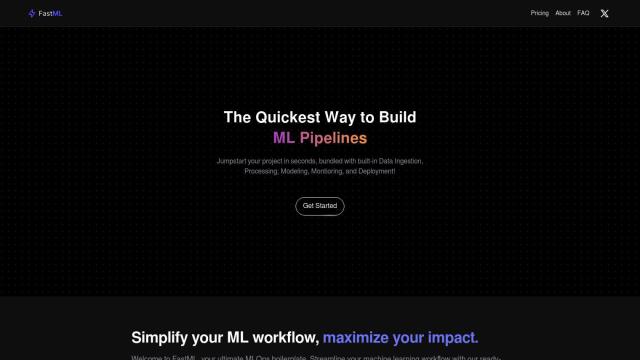
FastML
If you want a tool that can help you streamline and speed up your ML workflow with prebuilt scripts, FastML is worth a look. It includes modules for data ingestion, preprocessing, modeling and deployment so you can concentrate on the creative aspects of your work. FastML is geared for developers who want to quickly set up and run ML pipelines, cutting down on integration and debugging time.


Dataloop
If you want a more full-featured AI development platform, check out Dataloop. It combines data curation, model management, pipeline orchestration and human feedback to speed up the development of AI applications. With features like automated preprocessing, model deployment and human feedback integration, Dataloop can help you improve collaboration and speed up development, making it a good choice for boosting your ML workflow.



